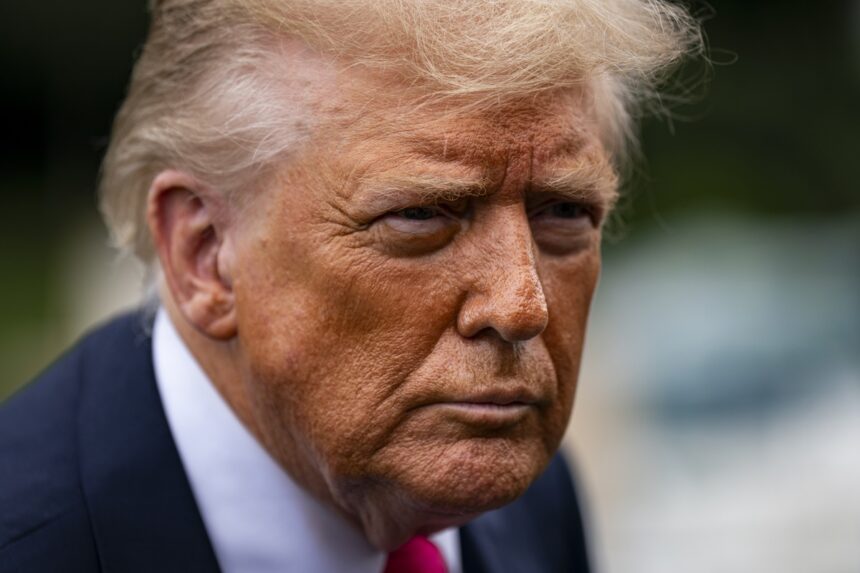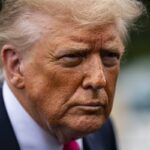In a speech full of warnings and demands, U.S. President Donald Trump said on Wednesday, July 16 from the White House that drug cartels exert a “strong control” over Mexico and that his government cannot allow this situation.
The statements were made during the signing of a new bipartisan bill, which strengthens penalties for fentanyl trafficking on U.S. soil.
Cartels dominate Mexico: Trump
#ALMOMENTO | Trump accuses Mexican cartels of having “tremendous control” in Mexico.
The U.S. president claimed the cartels have influence “over politicians and elected people” in the country.👇 pic.twitter.com/QuZy2aets5
– Azucena Uresti (@azucenau) July 16, 2025
“The cartels dominate Mexico. I try to be nice, but they have strong control. We cannot allow it,” the president declared.
At the same time, he accused Mexican authorities of being “petrified,” insinuating that public officials live under threat from criminal groups.
The new legislation, passed with broad support from both Republicans and Democrats in Congress, toughens penalties for distribution of synthetic opioids.
The law toughens penalties primarily for the distribution of fentanyl and its derivatives, which are responsible for tens of thousands of overdose deaths annually in the United States.
Fentanyl: the other crisis hitting the U.S.
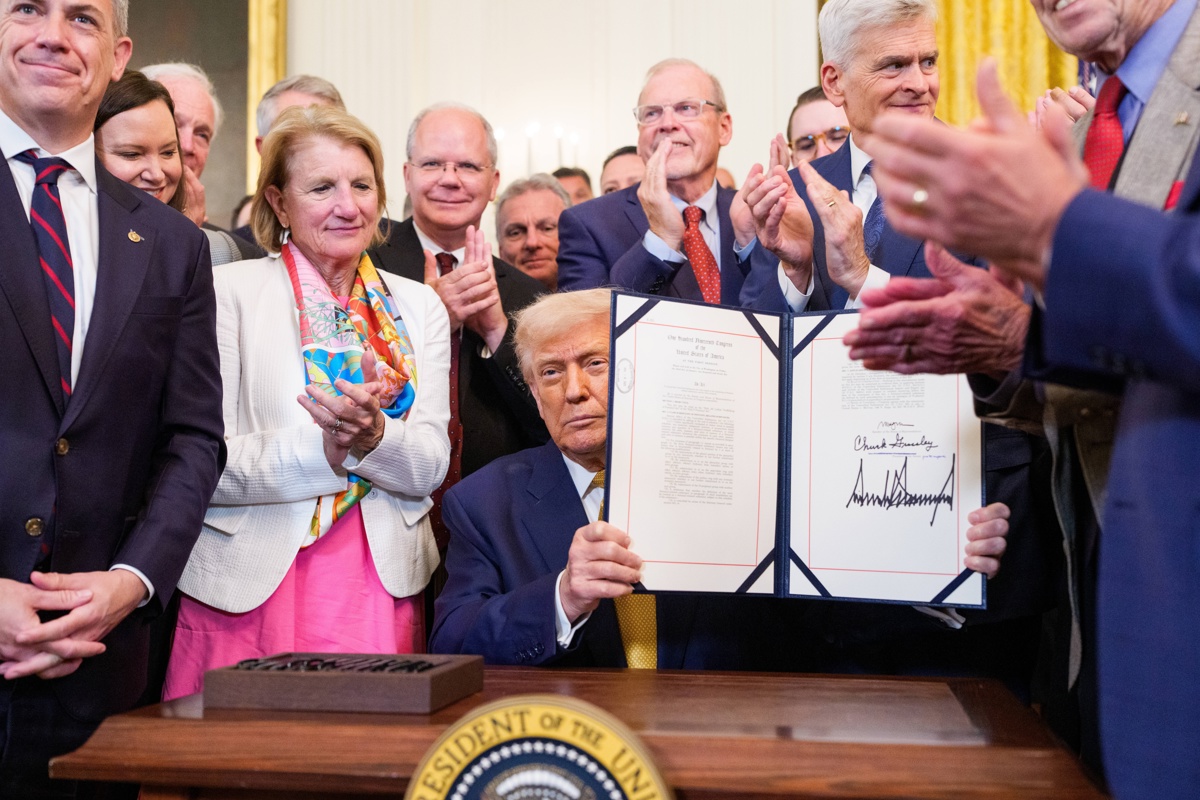
Fentanyl is a synthetic opioid up to 100 times more potent than morphine.
Although it has legitimate medical uses, its illegal trafficking has generated a devastating health crisis.
An estimated 80,400 people died from overdoses in the U.S. in 2024 alone, down 27% from 2023, but still representing one of the leading causes of death among young adults.
Of these deaths, at least 60% were related to fentanyl, often mixed with other substances such as cocaine or methamphetamines, making it even more lethal.
Mexican cartels have been identified as the main distributors, using precursor chemicals imported from China and processed in clandestine laboratories before crossing the border.
U.S.-Mexico political confrontation
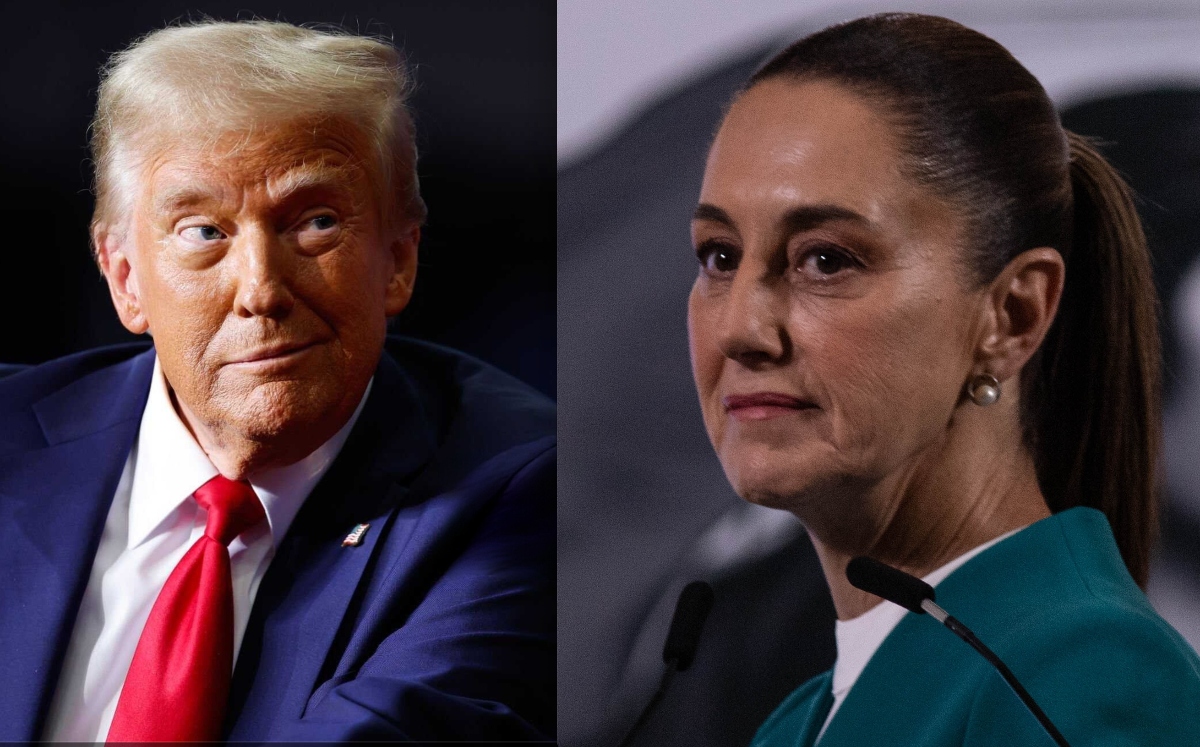
Trump’s statements also come amid growing diplomatic tension.
Days earlier, Mexican President Claudia Sheinbaum was the target of criticism from lawyer Jeffrey Lichtman – representative of Ovidio Guzmán, son of ‘El Chapo’.
Lichtman accused President Sheinbaum of acting as a “public relations arm” of drug traffickers.
Sheinbaum rejected these claims and announced a defamation lawsuit.
Trump, for his part, reiterated that Mexican cartels were labeled as terrorist organizations during his administration.
This according to him justifies a more aggressive policy against them, including economic sanctions and stricter border security actions.
Trump calls for death penalty for traffickers in China
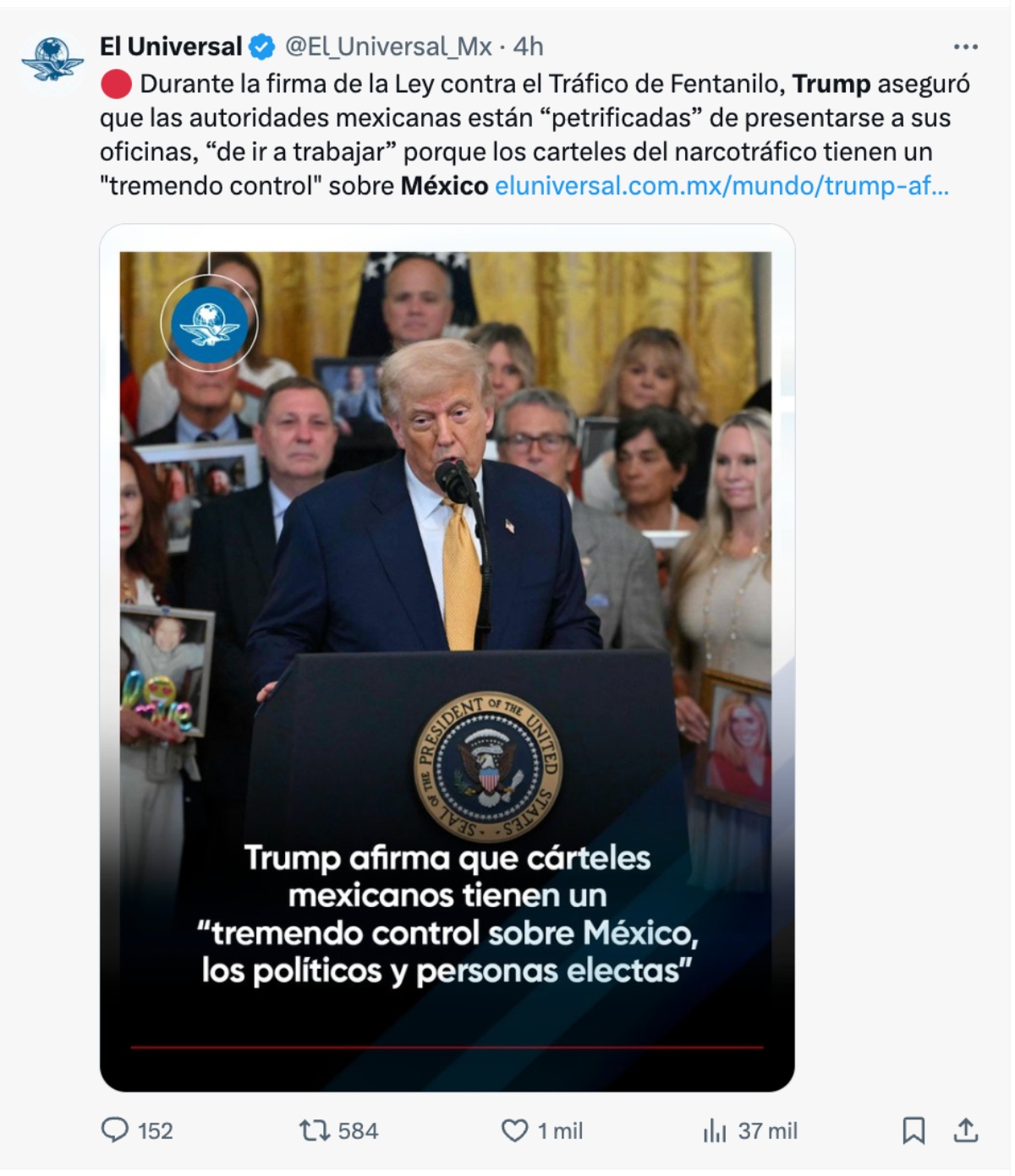
During the White House event, the president also addressed a direct request to Beijing.
“We want China to impose the death penalty on those who manufacture fentanyl and ship it to our country.
“I believe that will happen soon,” the president said, surrounded by families affected by overdoses, who held up portraits of their deceased loved ones.
The pressure on China comes on top of the tariffs imposed since 2024 on products from the Asian country.
As well as trading partners such as Mexico and Canada, whom Trump accuses of not doing enough to curb opioid trafficking.
A crisis with deep roots
The opioid epidemic in the U.S. began in the 1990s, when pharmaceutical companies such as Purdue Pharma aggressively promoted painkillers such as OxyContin, downplaying their risks.
Since then, consumption has shifted from legal drugs to illegal drugs such as fentanyl, which today represents the greatest substance-related public health threat.
For U.S. Hispanics, especially those who have family members in Mexico or work in sectors vulnerable to drug use, this crisis is not just a statistic.
It is a real threat that affects entire communities and is now back at the center of the political debate.
The cartels rule Mexico. I try to be nice, but they have a strong hold. We can't allow it



